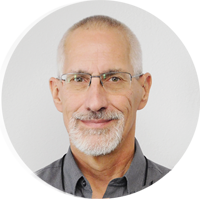In the context of the Church’s public worship, because of its centrality in the life of the believing community, the ministry of the deacon in the threefold diakonia of the word, of the liturgy, and of charity is uniquely concentrated and integrated. The diaconate is conferred through a special outpouring of the Spirit (ordination), which brings about in the one who receives it a specific conformation to Christ, Lord and servant of all. Strengthened by sacramental grace, they are dedicated to the people of God, in conjunction with the diocesan bishop and his body of priests, in a service of the liturgy of the word and of charity.
The Office of Permanent Diaconate serves the permanent deacons of the Diocese of Colorado Springs and their families with the post-ordination path in diaconate formation, assisting the bishop with supervision of the spiritual and personal welfare of deacons and their families, and personnel management.
 |
DIRECTOR, OFFICE OF PERMANENT DIACONATE
Deacon Dan Tomich
(719) 866-6470
|
 |
DIRECTOR OF PERMANENT DIACONATE FORMATION
Professor Lucas Pollice
(719) 866-6455
|
 |
ASSISTANT DIRECTOR OF PERMANENT DIACONATE FORMATION
Deacon Clarence (C.J.) Johnson
(719) 866-6501
|